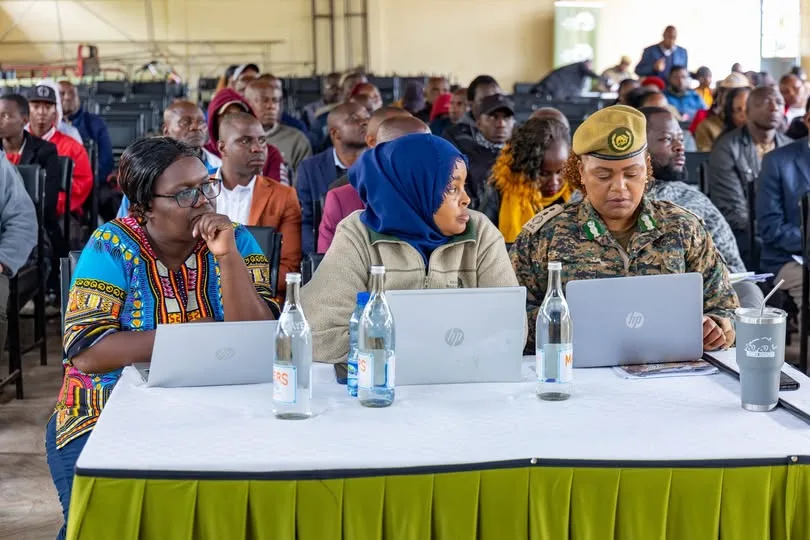By: Wanjiru Ndiritu Today, the Kenya Wildlife Service (KWS) hosted a crucial public participation forum at the Nyeri Cultural Center as part of
By: Wanjiru Ndiritu
Today, the Kenya Wildlife Service (KWS) hosted a crucial public participation forum at the Nyeri Cultural Center as part of its nationwide consultations on the proposed Wildlife Conservation and Management (Access and Conservation Fees) Regulations, 2025. This is the first comprehensive review of conservation and park entry fees since 2007.
Public consultations are ongoing from July 29 to August 8, 2025, across 20 counties, engaging local communities, tour operators, conservation experts, county governments, and the public to shape Kenya’s conservation financing model.
Due to the high cost of conservation, KWS generated Ksh 7.92 billion against a requirement of Ksh 19.79 billion, limiting its ability to protect wildlife and address issues like human-wildlife conflict and poaching.
Prof. Erustus Kanga, KWS Senior Assistant Director, emphasized the importance of inclusive decision-making: “We want to hear from those living near wildlife areas. Every voice matters in shaping the future of our parks.”
He noted that over 90% of KWS’s internal revenue comes from tourism-related activities but highlighted a widening fiscal deficit that threatens both conservation and the livelihoods of over one million Kenyans dependent on a thriving wildlife economy.
An impact assessment informed the proposed pricing model, projecting park revenues to increase from Ksh 7.92 billion in 2024 to Ksh 16.58 billion by 2028, based on realistic visitation and spending trends.
Key proposal features include:
– Free entry for seniors aged 70 and above, children under five, and persons with disabilities.
– Expanded experiences such as canoeing, walking safaris, balloon safaris, and water sports.
Concerns were raised during the forum, including from Cecilia Wambui, who asked if KWS provides sign interpreters for the hearing impaired. Mary Muthoni from Kagumo Teachers College echoed this concern, noting the lack of interpreters during outings. Hadija Juma argued that individuals with disabilities should also be charged, stating, “Being disabled does not mean you are poor.”
Through this forum, KWS aims to ensure transparency and participatory decision-making, allowing communities closest to wildlife to shape conservation and financing decisions.


COMMENTS